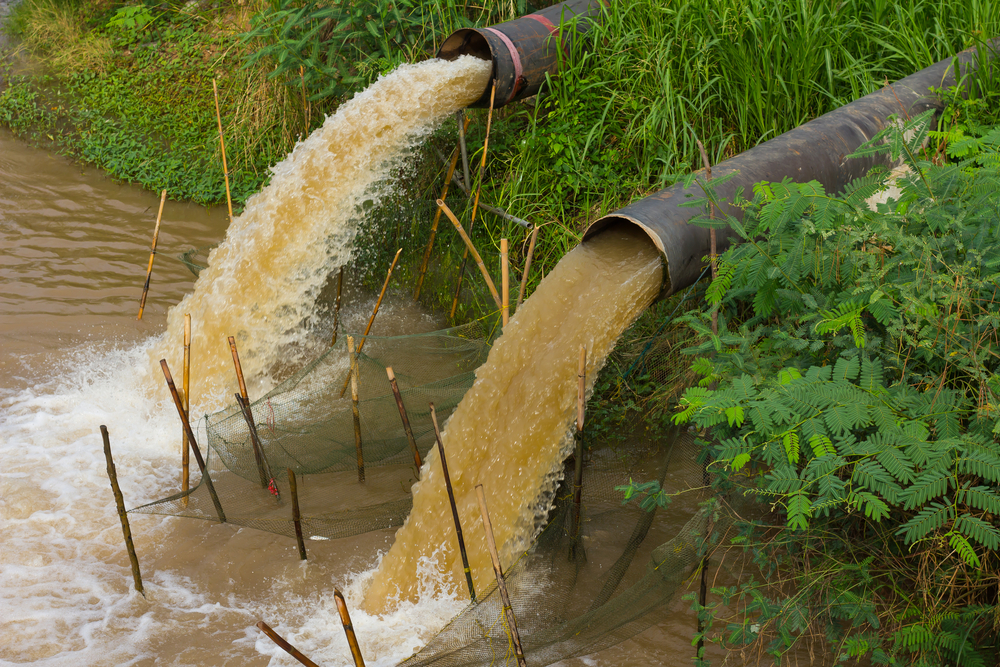
An aquatic ecologist says that methamphetamine is making its way into Baltimore’s sewers due to the city’s aging water infrastructure. Dr. Emma Rosi-Marshall’s research, which focuses on human modifications to freshwater ecosystems, has discovered traces of meth in Baltimore’s streams. Rosi-Marshall just co-authored a report with colleagues in the field which details the findings. With fresh water being one of our most important and needed resources, the study has laid out how human-driven global change impacts how a freshwater ecosystem functions.
“[The drugs] are likely coming down through leaks in the sewer,” said Rosi-Marshall, who works at the Cary Institute of Ecosystem Studies. “It also has been shown that the drugs can be released from wastewater treatment plants that are not necessarily designed to remove these compounds.”
Drugs showing up in our waterways, unfortunately, isn’t groundbreaking news. Everything from cocaine to caffeine has been found in our water supplies. The remnants of the drugs are showing up in sewage systems through people’s excrement and urination, or when the drugs are simply flushed down the toilet.
Researchers discovered that in 2014, there were 29 contaminants in Tacoma, Washington’s Commencement Bay, which is part of the Puget Sound. Contaminants like nicotine, Valium, cocaine, and even caffeine were found in the the tissue of the fish that occupied the bay.
“There had been very little research trying to understand the effects of these compounds on aquatic organisms,” said Rosi-Marshall. “We know, as humans, that if you take one drug and add another drug, these drugs can interact. Out there in the environment, we don’t really understand how these drugs at low concentrations are interacting with one another to influence the ecology of fresh water.” But the new study shows that meth-addicted bugs and fish are not our biggest problem.
“We really need to invest in our sewage infrastructure and in our wastewater treatment plants so these treatment plants can do their job and remove as many compounds as they can,” said Rosi-Marshall. “We need to invest in new technologies to remove these compounds and invest in maintaining our underground infrastructure to keep these things from getting out into the environment.”
If efforts aren’t made to improve the situation now, it bodes ill for the future. With our waterways already being monitored for bacteria, viruses, pesticides, petroleum products, strong acids, and some metals—it seems that now narcotics need to be added to that list.
